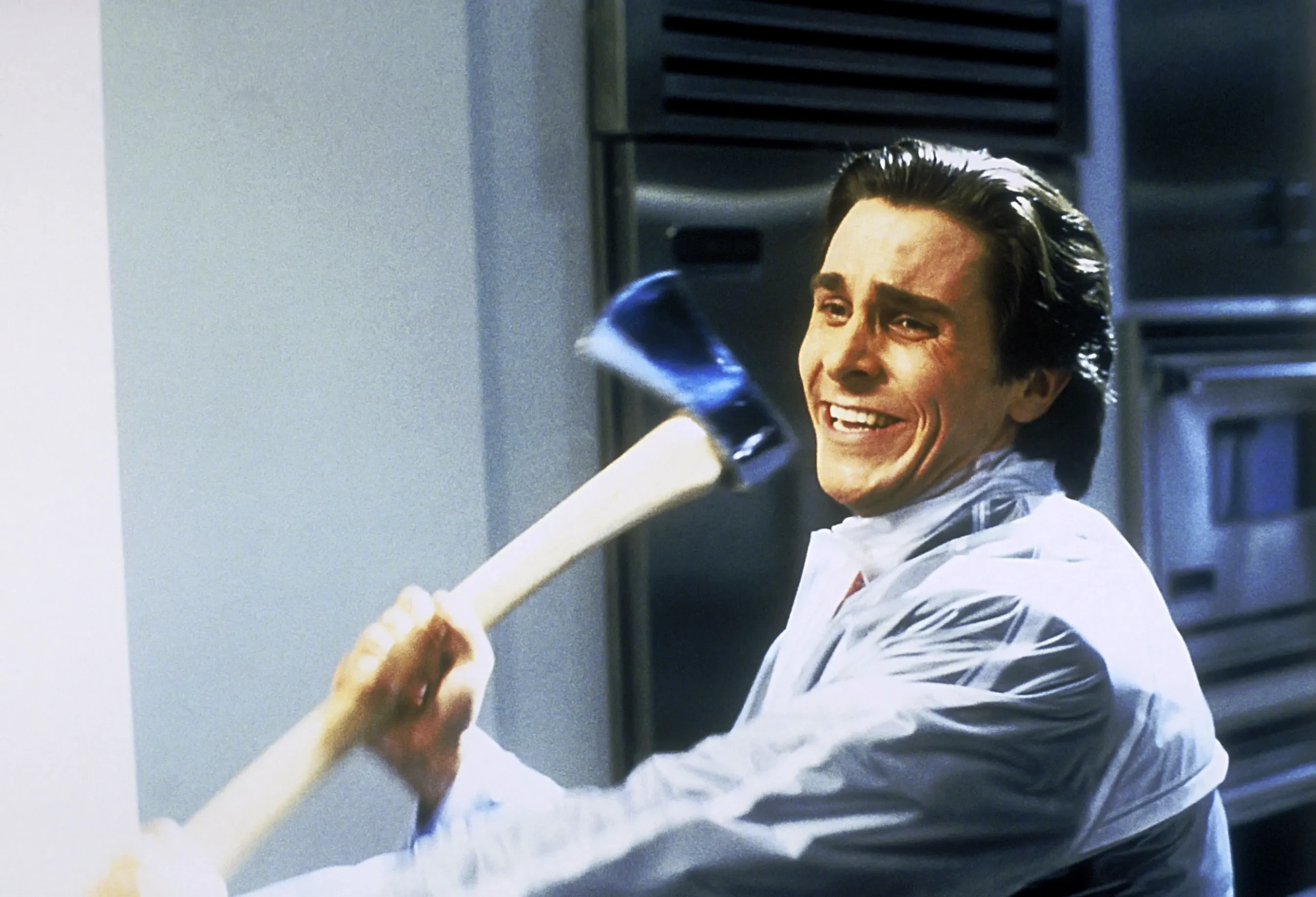American Psycho Ending Explained: Was It All A Hallucination?
What Happens At The End Of American Psycho

In the chaotic finale of American Psycho, Patrick Bateman, played by Christian Bale, finds himself entangled in a web of delusion, murder, and a society that turns a blind eye to his heinous actions. The film, based on Bret Easton Ellis's novel, follows Bateman, a Wall Street banker, as he descends into madness and violence.
The climax unfolds with Bateman confessing his gruesome crimes, including the murder of Paul Allen, to his lawyer. However, the revelation takes an unexpected turn when the lawyer dismisses Bateman's confessions, thinking it's a tasteless joke. The confusion deepens when Bateman revisits the scene of a particularly brutal crime, only to find it eerily clean and the property up for sale.
In the final scenes, as Bateman interacts with colleagues who remain oblivious to his atrocities, the movie leaves viewers questioning the reality of the events and the extent of Bateman's crimes. The film concludes with a disturbing monologue from Bateman, expressing his numbness to the consequences of his actions in a society that values wealth and appearance above all else.
American Psycho Ending Explained: Was It All In Bateman's Head?
"Even though I think the movie is pretty clear — this guy is psycho — you’ve followed him through his vulnerability and his being humiliated and neglected and used by the world and the people around him.However, the intentional ambiguity has led some viewers to interpret the conclusion as a trope of "it was all a dream," said Harron
Related Articles
- 18 Movie Details Hiding In Famous Films We Bet You Missed
- A Nightmare On Elm Street Ending Explained: Was It Real Or A Dream?
- The Midnight Club Ending Explained: What The Twist Entails
- Midsommar Ending Explained: Why Was Dani Chosen?
- Donnie Darko Ending Explained: Unravelling The Cult Classic
- 'Goodnight Mommy' Explained: The Meaning Of The Tragic Twist
- 'Us' Ending Explained: What The 'Tethered' Twist Means
- 'The Platform' Ending Explained: Is Goreng Dead And What Does It All Mean?
- 'Squid Game' Ending Explained: What The Ending Of Season 1 Means
- 'Significant Other' Ending Explained: What Happened At The End Of The Film?